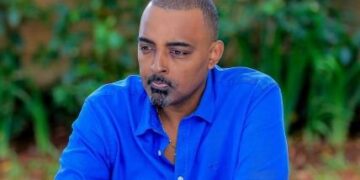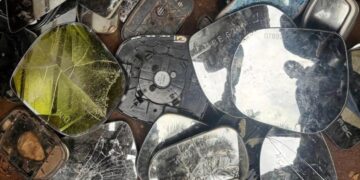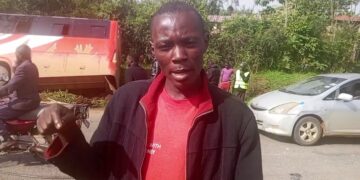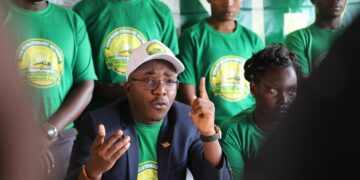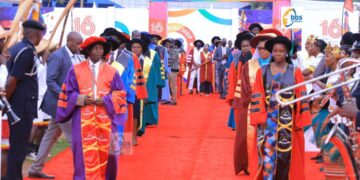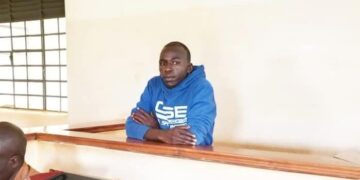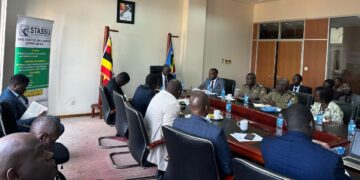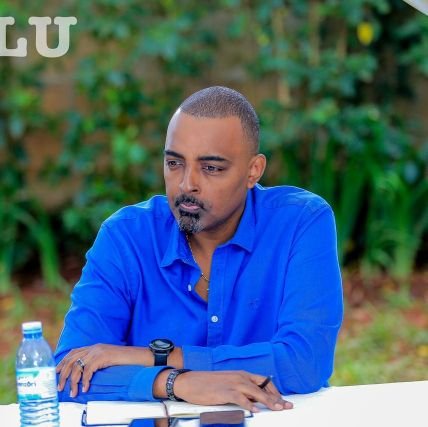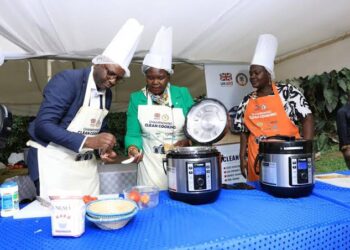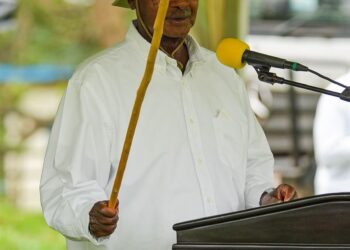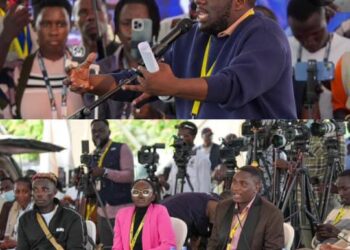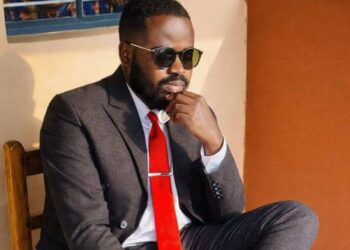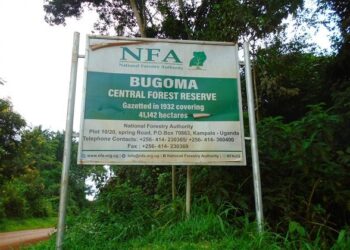OPINION
Cedric Babu Needs a Heart Transplant, Do We Still Have One?
This week, graphic flyers circulated online appealing for financial support for Cedric Babu Ndilima, son of veteran politician and regime loyalist Captain Francis Babu. Cedric, currently battling a life-threatening heart condition, requires an urgent transplant. The appeal sought help from well-wishers to raise UGX 1.5 billion for his treatment.
Cedric is well known for his affiliation with the Patriotic League of Uganda (PLU), a political pressure group led by the First Son, where he serves as National Vice Chairperson for Kampala. Many Ugandans associate the PLU with aiding or perpetuating human rights abuses, particularly against those in opposition to the ruling regime. As such, what should have been a compassionate plea for medical assistance has instead devolved into a public spectacle filled with mockery and resentment.
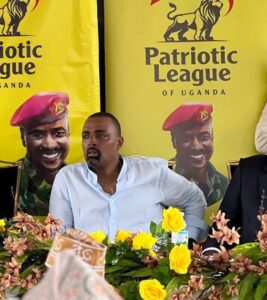
Critics point to how PLU leaders often speak disparagingly about the unemployed, marginalized youth, and opposition supporters, labeling them hooligans, failures, and idiots. All this against a backdrop of arbitrary arrests, prolonged detentions without trial, torture, and public threats from senior military and government officers.
As a result, Cedric is perceived by many not as an innocent patient in need, but as a representative of a political establishment that has caused immense pain
Yet, this reaction raises an uncomfortable but necessary question: Have Ugandans lost their humanity, or is this response merely the echo of years of collective trauma?
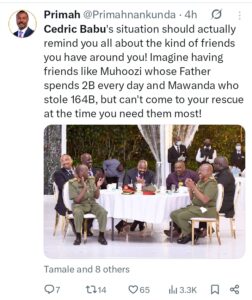 Historically, Uganda has been lauded as one of the most hospitable nations in the world. We’ve opened our borders to refugees, welcomed strangers into our homes, and for decades we have prided in being our brother’s keepers – stood by each other in times of tragedy. Unfortunately, that fabric of empathy appears to be fraying and politics has fractured that spirit.
Historically, Uganda has been lauded as one of the most hospitable nations in the world. We’ve opened our borders to refugees, welcomed strangers into our homes, and for decades we have prided in being our brother’s keepers – stood by each other in times of tragedy. Unfortunately, that fabric of empathy appears to be fraying and politics has fractured that spirit.
There’s a saying in Ankole: “Obusaasi bwa akakuumu bumanywa Mukama wako”—only the owner of the injured finger knows its pain. The Baganda say, “Kyosiga kyokungula”—you reap what you sow. The Swahili say, “Kikulacho kiko nguoni mwako”—what bites you is within your own clothes.
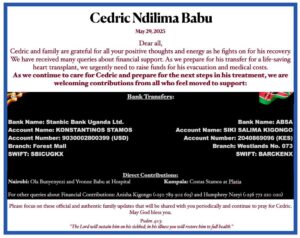
These sayings explain not just Cedric’s predicament, but the wider state of our society. For many Ugandans, especially those from opposition strongholds, the pain of injustice, economic marginalization, and police brutality is still raw. Their scorn is not directed at Cedric the man, but at what he has come to symbolize: a regime that often appears indifferent to the suffering of ordinary citizens.
However, this is a dangerous path. No one truly understands what he or his family are going through unless they’ve been in a similar situation. Not even those expressing sympathy, or those mocking him for serving a regime many believe has turned its back on the people.
Rather, the bitterness we see is a direct result of years of systemic oppression and injustice. The pain is internal, it’s the “itch inside the clothes.”
Is the regime is now reaping what it sowed? In a country where opposition supporters are arrested, tortured, or forced to learn languages not their own in detention, is it any wonder that empathy has become political? The people have been pushed to the edge. They’ve watched their loved ones disappear, their freedoms eroded, and their dignity stripped away.
Nevertheless, sickness is no respecter of persons. Ugandans must remember: empathy is not endorsement. Supporting Cedric’s right to life does not mean approving of the political regime he serves. It simply means choosing to be human first. Today, it is Cedric; tomorrow it could be any one of us. With Uganda’s healthcare system notoriously expensive and inadequate, no individual can shoulder such costs alone. That is why we must remember our shared humanity. In times of crisis, Ugandans have always come together. Why not now?
Yes, Cedric may represent a political elite many resent, but he is also a fellow Ugandan, a father, a son, a human being. Mocking his illness does not heal our wounds. Instead, it deepens them. If we truly want to build a better country, we must rise above bitterness. We must not become what we despise! While we continue to speak out against injustice, we must also resist the temptation to dehumanize those on the other side of the political divide. Compassion is not weakness.
Hard times teach hard lessons. This is a moment for reflection, not revenge. Cedric’s suffering is not just his; it is a mirror reflecting the brokenness of our society. If we cannot find it in ourselves to support even those we disagree with politically, then we have truly lost our moral compass, lest, we risk erasing the very values that make us human.
Let us not become what we detest. Instead of perpetuating cycles of hatred, let us show love, offer support, and extend compassion. While we continue to demand justice for political prisoners and accountability from those in power, let us also remember the Golden Rule: “Love one another, including your enemies”, do unto others as you would have them do unto you.
Cedric Babu remains our Ugandan brother. His life matters. While we await political change, let us not abandon our humanity. Let us help him not because we support his politics, but because we believe in life, in mercy, and in second chances.
Cedric remains a Ugandan. He remains a father, a son, a brother. He remains a human being who deserves a chance at life. Support him with love, not scorn. With help, not mockery. With prayer, not hate. Let this be a turning point where compassion overcomes division, and where we begin to reclaim the soul of our nation.
About the Author:
LEONARD KAMUGISHA AKIDA is a Ugandan writer, journalist, media trainer and SRHR advocate. He writes on society, politics, and civic consciousness.
